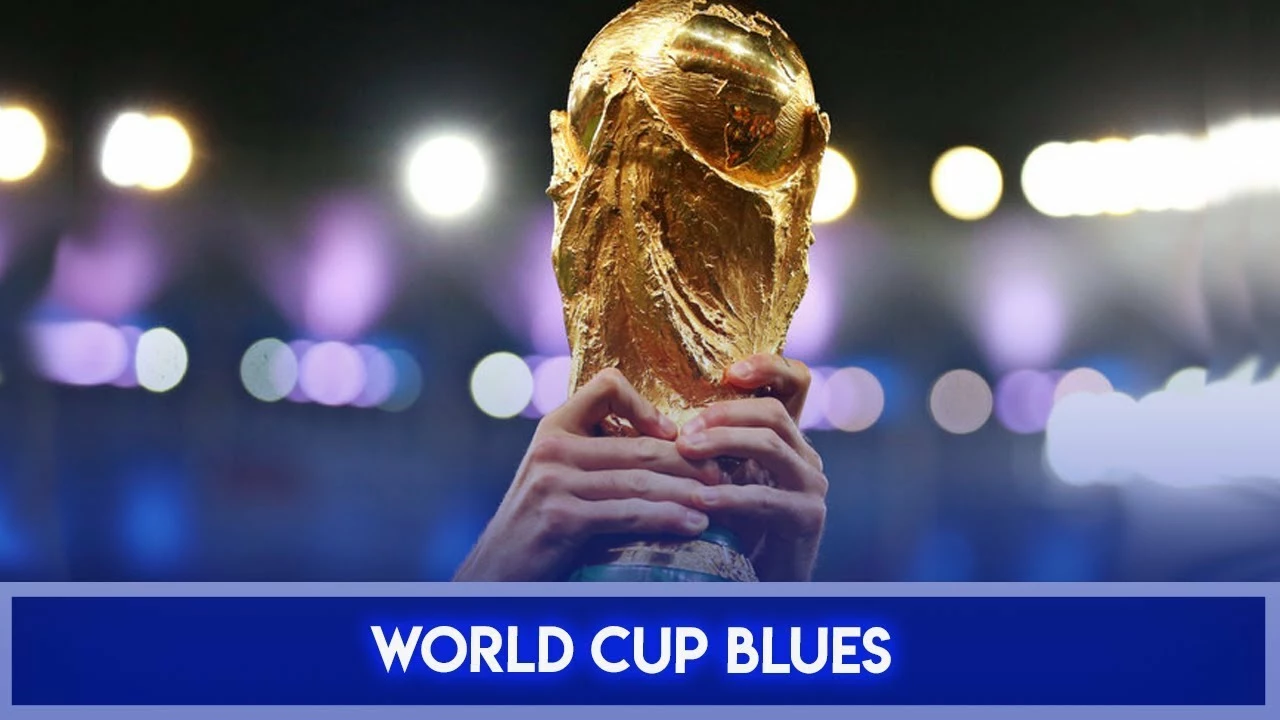The Fundamentals of a World Cup Game's Duration
Hey there, this is Darius. And yeah, I'm that guy whose life is completely overtaken by the activities of my kid, Ellis, and our dog, Baxter, whenever the World Cup swings around. It must have dawned on you, too, especially during those much-talked-about World Cup games that time seems to stretch on and on. So, how long is a World Cup game, you might ask? Let's dive in and grasp some football knowledge!
Understanding the Basics: Game Time Structure
The first thing we need to understand is how a football match in the World Cup is structured. Anyone familiar with this glorious sport already knows that a match has two halves. Each half stretches on for 45 suspense-filled, action-packed minutes. That's a total of 90 minutes of raw, heart-thumping football. Between these halves, there's a small break (about 15 minutes or so). This quiet period is known as halftime, used by teams for quick strategy discussions, resting, or seeking blessing from the football gods.
Extra Time: That’s Not All
Hang on now! Before you rush to your calculator and start adding those numbers, there's more. In the knockout phase (yes, the one where losing means you get to pack your bags and head home), things get spicy. If a match ends in a tie, we experience what is called Extra Time. Not essentially 'extra' for the players who are possibly gasping for breath by then, but definitely extra for us, the viewers. This Extra Time is divided into two 15 minutes half adding another 30 minutes to the game. Quite the endurance test, right?
Penalty Shootouts: The Thrill of Uncertainty
Just when you thought things couldn't get any more nerve-wracking than extra time - hello, penalty shootouts! This is one of those moments when Ellis will be clutching at his hair, and even Baxter will forget his chew toy. Each team gets five chances to beat the goalkeeper from the penalty spot if the game is still tied after Extra Time. The process to conduct this is quite strict and full of suspense. And while the process itself maybe around 5-10 minutes long, it feels like an eternity, especially if your favorite team is involved.
Time Added On: Injury Time and Stoppage
If you're still with me and haven't thrown your hands up in frustration, I applaud your patience. There's this factor called Injury Time or Stoppage time. It's the additional minutes added at the end of each half to cover time lost due to stoppages, injuries, and well, players taking their sweet time to 'set up' for their free kicks and corners. Although the time is set at the referee's discretion, it typically hovers around 3 to 5 minutes per half.
When the Whistle Blows: The End of the Game
So, finally, when does a game really end? You'd think as soon as the stopwatch hits the 90-minute (or 120-minutes, in cases of extra time) mark, right? Wrong! The game ends when the referee decides it does - when he blows the final whistle. And no, there isn’t a set time for this. Now, I wonder, if a team starts playing really terribly, can the referee end the game out of pity? Ellis doesn’t think so, and Baxter just wags his tail.
The Longest World Cup Games: A Peek Into History
From a strict time perspective, World Cup games have been known to stretch up to 150 minutes or more in certain situations. Remember 'the marathon of Nuremberg'? The memorable 2006 World Cup match between England and Portugal went down in history as one of the longest with it ending in a penalty shootout. Those are times when Baxter gives up on us, goes outside, and probably does some soul-searching!
So, essentially you're looking at approximately 105-120 minutes when you sit down to watch a typical World Cup game. This can shoot up if we encounter the deadly combo of a draw and penalty shootouts. But hey, more football for us to enjoy, right? So, the next time you find yourself in the middle of a World Cup season with Ellis hogging the TV remote and Baxter chewing up another of your favorite magazines, you’ll know what you’re in for.
